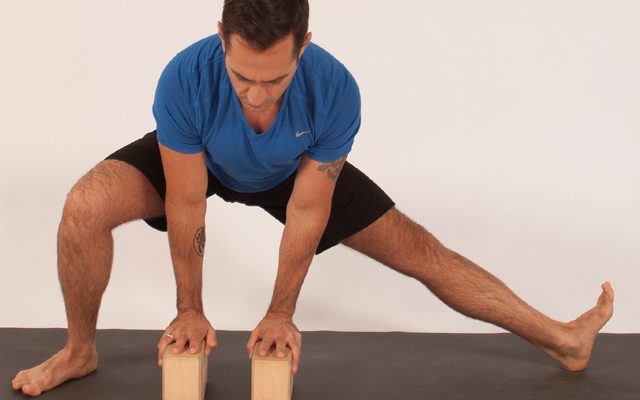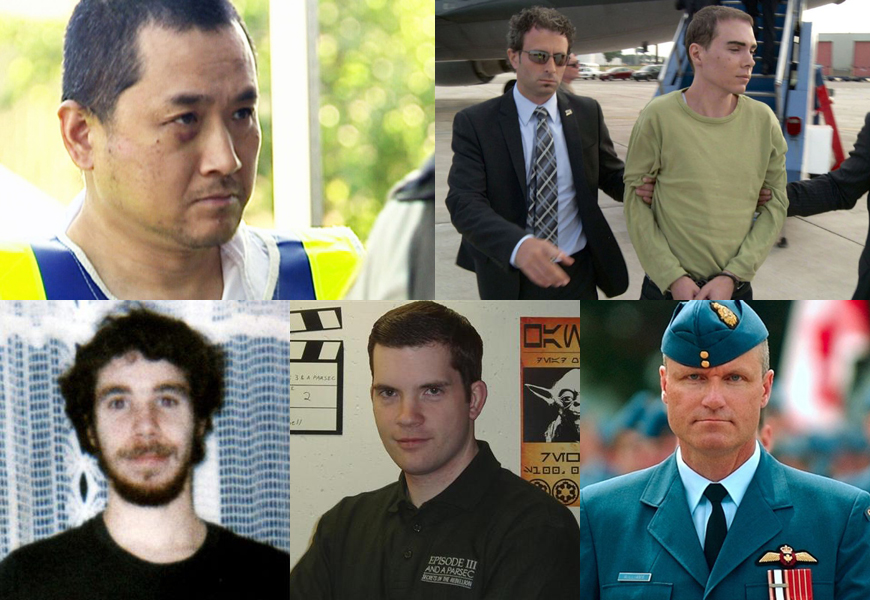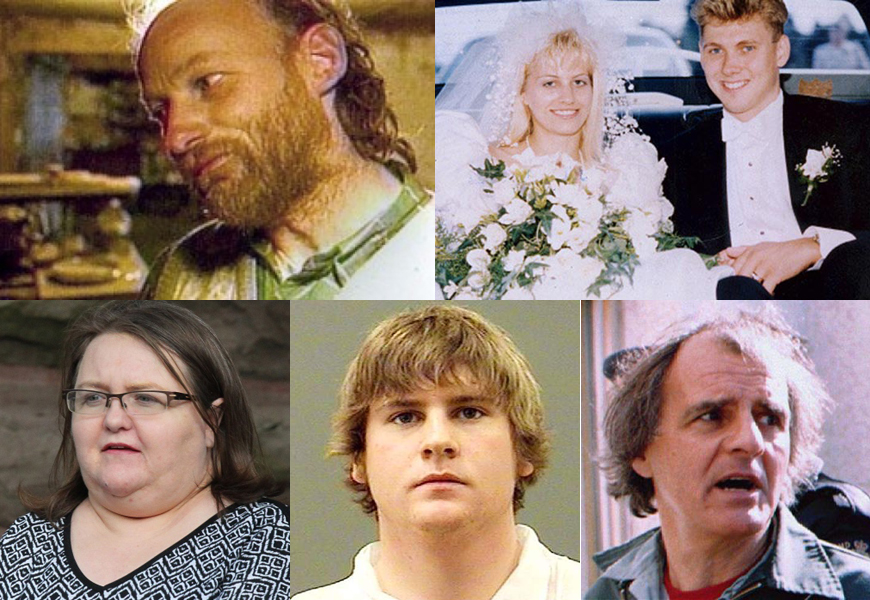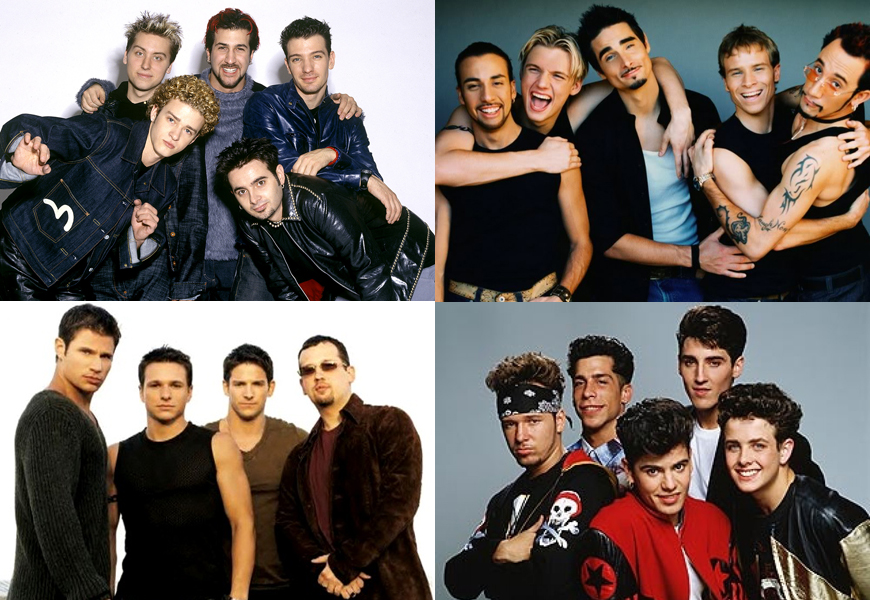Up until very recently, active euthanasia in Canada was illegal and considered murder. Active euthanasia refers to actively killing someone to relieve their pain, while passive euthanasia (which is legal) involves withholding or withdrawing life-preserving procedures, such as life support. A decision made by the Supreme Court of Canada on February 6th has reversed the law making active euthanasia illegal. The decision doesn’t take affect until 2016, but it means that in certain situations, doctors will be required to help patients end their lives.
Carter v Canada is the case that has started the ball rolling on making legal assisted suicide a reality in Canada. Several defendants, including Kay Carter, a woman suffering from degenerative spiral stenosis, argued that the prohibition of assisted suicide in the Criminal Code of Canada is in opposition to the Canadian Charter of Rights and Freedoms. With that precedent, it is now up to the Canadian government to amend its laws in accordance with the court’s decision.
The reaction to the court’s decision has been varied. Some people believe it isn’t the court’s place to be creating laws, and they overstepped by making this decision. Others think the court did the right thing by making the tough choice. Assisted suicide bills have been floating around in the Senate and House of Commons for awhile now, and it can take a long time for controversial legislation to finally be accepted. Now there is no discussion about whether it should be allowed, and the government just has to accept it and focus on creating laws that will make assisted suicide as affective as it can be.
While no one can really argue that it is every individual’s choice whether they want to die or not, the problem comes when these people start asking doctors for help dying. Doctors are meant to preserve, save, and improve lives, not end them. While the Hippocratic Oath is not a legally binding agreement, it is often used as a benchmark to maintain ethics in medicine. One line in the original oath reads, “With regard to healing the sick, I will devise and order for them the best diet, according to my judgment and means; and I will take care that they suffer no hurt or damage.” Being a doctor has always been about helping people, but in some situations it is abundantly clear that the biggest help would be help dying with as little suffering as possible. Sometimes there is nothing more that modern medicine can do.
People worry that vulnerable individuals such as the elderly and the disabled will be at risk for being taken advantage of or cast aside. Knowing that assisted suicide is an option might cause some people to give up too easily. To give in to the depression and hopelessness that can often come with terminal illness. It is difficult for anyone who has not been in the position of someone that knows the only thing that lay ahead for them is suffering, to say that they personally would not want to die. How can we possibly know?
With the right laws, and the right precautions taken to prevent an abuse of the new availability of assisted suicide, the legislation could be a good thing for a lot of people. Death is that mysterious thing that will happen to all of us one day, and if someone who is already dying wants to take back a little control and end their own suffering, who are we to judge them?
We can still have the upmost respect for human life and accept death as inevitable at the same time. The end will be different for everyone, but forcing someone to continue living when they feel they are ready to go is unfair. Deciding to die will never be taken lightly, and making it a legal option won’t change that. If someone wants to die, they will, no matter what the laws say.
So why not give everyone the option to do it in a dignified way? Knowing it was their choice should at least give them a little peace in the end.












